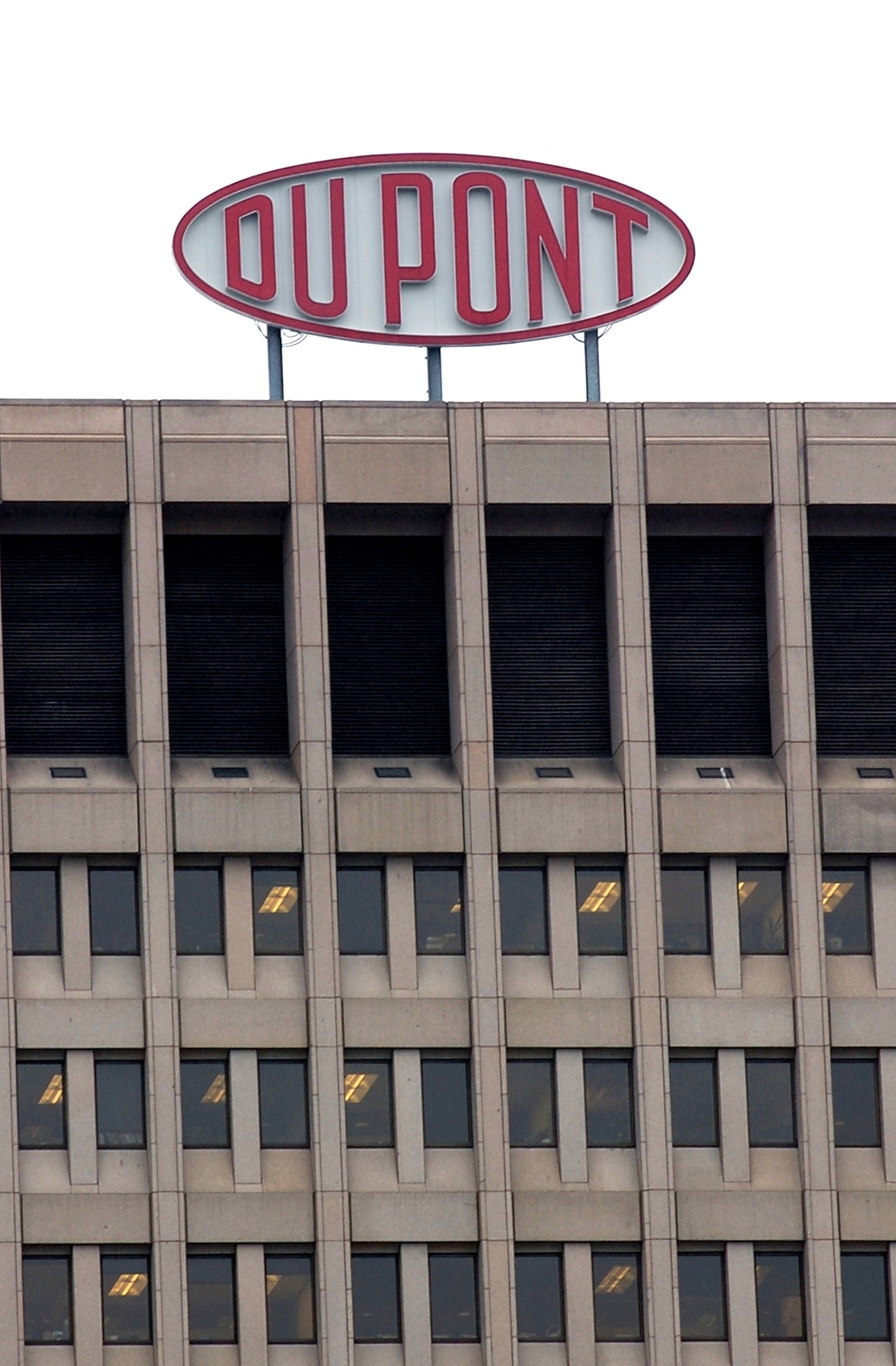Three chemical producers have reached a historical settlement with the state of New Jersey on “Forever Chemicals” and other pollutants released to the environment.
The global manufacturer of Dupont chemicals and its affiliates, Chemours and Corteva have agreed to an agreement of $ 2 billion with New Jersey to resolve environmental claims linked to decades of pollution that involve pear substances and polyfluoroalquilo (PFA), commonly known as “chemicals forever”, as well as other pollutants originated by the four industrial sites in the State.
NJDEP LATourette commissioner and NJ Platkin attorney general advertisement On Monday, calling the agreement the “largest environmental agreement ever achieved by a single state”.
The proposed agreement, which still requires the approval of the Court, forces companies to pay $ 875 million in natural resources and other damage to the State for a period of 25 years. It also requires that Dupont and its affiliates create a remediation fund of $ 1.2 billion for cleaning efforts in the four industrial sites and establish a separate reserve fund of $ 475 million to ensure that, if any of the companies are declared in bankruptcy or do not comply with their obligations, New Jersey taxpayers do not have a fixation of the bill.
“The pollutants that place profits above public welfare by releasing poisonous PFA and other pollution in our state can expect to be responsible for cleaning their disorder and completely compensate for the State and its citizens for the precious natural resources that they have damaged or destroyed,” said the commissioner of the Department of Environmental Protection (Dep) Shawn Latourette.

A Dupont sign is shown at the company’s world headquarters, on April 12, 2004, in Wilmington, Delaware.
Jeff Fusco/Getty Images
The proposed agreement will resolve the case of Chambers Works, a 2019 lawsuit against EI Dupont de Nemours and Co. based in Delaware (now known as EIDP, Inc.) and other entities related to Dupont, authorities said. The agreement follows a month of trial procedures in the United States District Court for the New Jersey district.
In Press releaseDupont, Chemours and Corteva said that the agreement will not only resolve the 2019 demand, but “all claims for inherited pollution related to the current and previous operational sites of the companies (Charmbers Works, Parlin, Pompton Lakes and Repauno) and the claims of state PFAS pollution not related to those sites.”
ABC News contacted companies to comment, and refused to make more comments.
Pear and polyfluoroalquilo (PFA) substances are a group of manufactured chemicals that have been used for decades in a wide range of products, including antiatrating kitchen utensils. Commonly known as “chemical products forever,” PFAs do not easily break down in the human body or in the environment, and are associated with certain cancers, hormonal dysfunction and other health problems, according to the Environmental Protection Agency (EPA).
The extensive industrial and manufacturing history of New Jersey has put it in the first line of monitoring and remediation of pollution. New Jersey was the first state of the nation to establish a maximum level of contaminant for certain PFA.
The affected sites include Pompton Lakes Works in Pompton Lakes and Wanaque in Passaic County; The Parlin site in Sayreville, Middlesex County; The Repauno site in the municipality of Greenwich in Gloucester County; Chambers Works, in Pennsville and Carney’s Point in Salem County.
The Sierra Club, one of the largest and most influential base environmental organizations in the country, described the settlement “an incredible and historical achievement” for the State.
“Dupont has finally considered himself responsible for what they have done to New Jersey, our public health and our environment,” said NJ Sierra Club chapter, Anjuli Ramos-Busot, in a statement. “Dupont has been knowing our lands and waters knowing for decades. As a chemical innovation entity, Dupont brought Prosperity to New Jersey. But, as with all the pollutants with a final ROI result, the real impact brought to New Jersey was hidden.”
“This result demonstrates that New Jersey will fight to ensure that pollutants pay their fair part for the devastating damage they have caused. I remain committed to work together with the Attorney General and the DEP to determine how to quickly and effectively assign these funds to better clean our communities and protect our public communities in the future,” said state senator Linda Greenstein (D-Middlesx/Mercer).
Dupont’s agreement will be published in the New Jersey Registry and is subject to a period of public comments before it can be completed. After that, the proposed agreement must be approved by the United States District Court.






